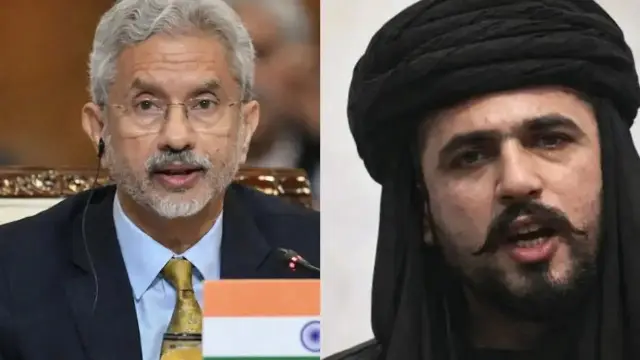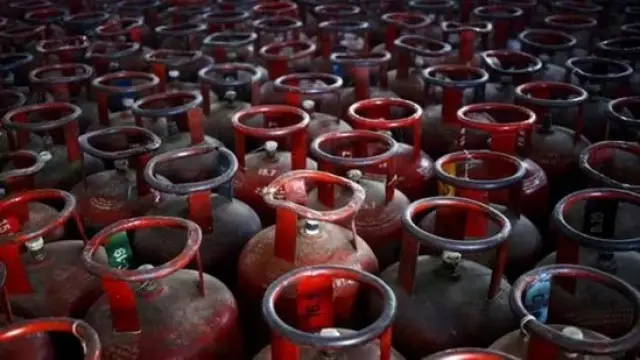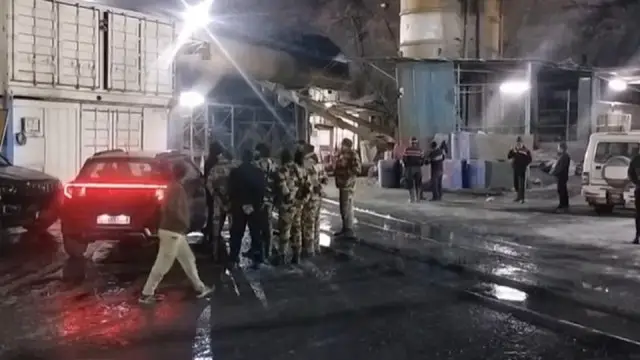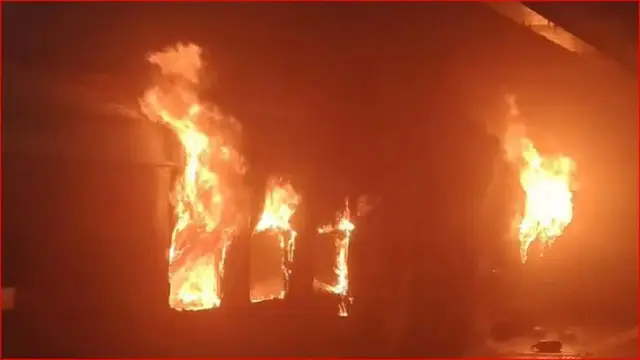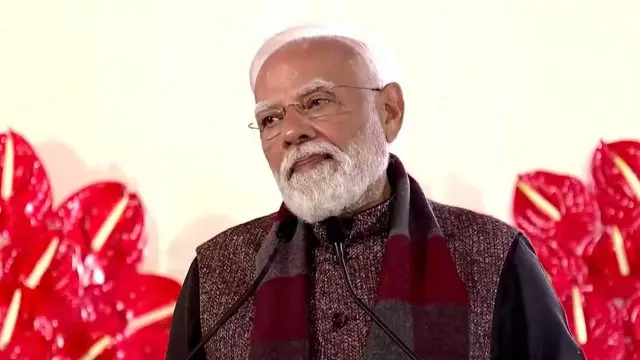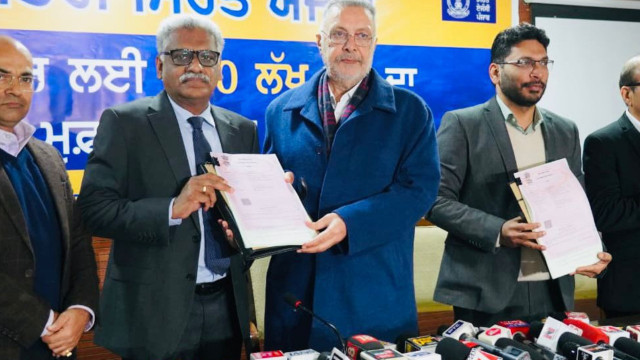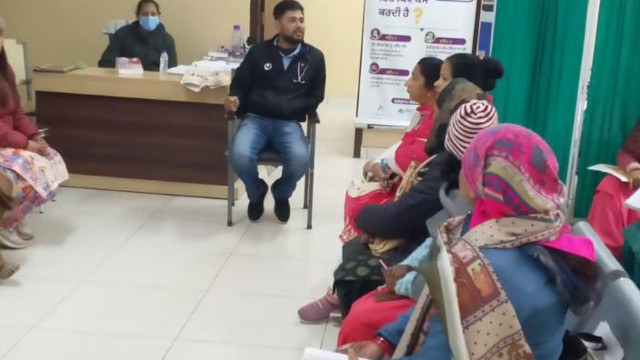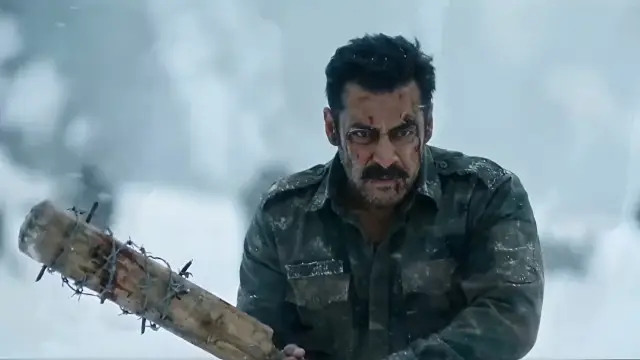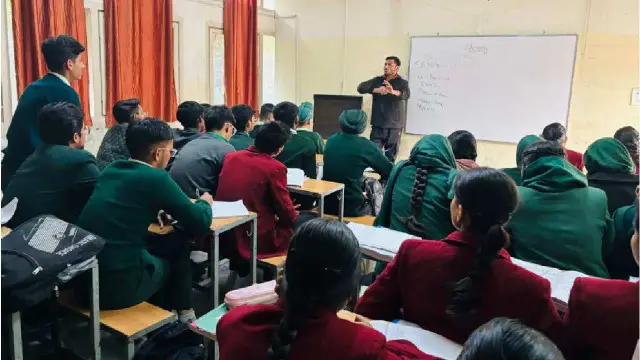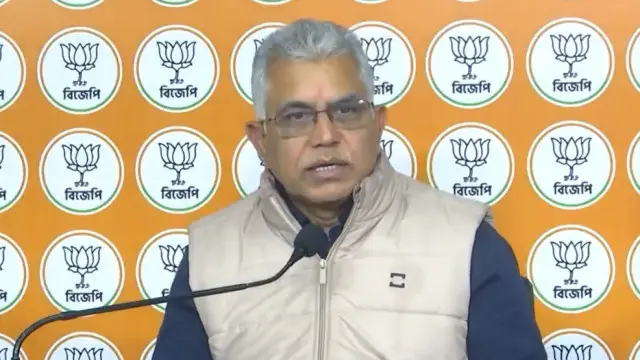Opposition leader Rahul Gandhi raises key questions on Bangladesh crisis during all-party meeting
The all-party meeting on the Bangladesh crisis was a significant step towards addressing the diplomatic ramifications of the power shift in Dhaka.

In a recent all-party meeting held to address the situation in Bangladesh, Leader of the Opposition Rahul Gandhi posed three crucial questions to External Affairs Minister S. Jaishankar. The meeting aimed to discuss the diplomatic ramifications of the power shift in Dhaka and analyze the involvement of foreign powers, particularly Pakistan, in the dramatic developments. The Centre assured a thorough investigation into these matters while emphasizing its commitment to monitoring the evolving situation.
From the very beginning, this all-party meeting captured the attention of the nation. With the ouster of Prime Minister Sheikh Hasina amid violent protests, the crisis in Bangladesh has become a matter of great concern. Rahul Gandhi, known for his insightful inquiries, raised important questions regarding the government's approach to the situation. His queries focused on the short-term and long-term strategies in dealing with the diplomatic consequences of the power shift in Dhaka.
The response from External Affairs Minister Jaishankar was both reassuring and insightful. He acknowledged the evolving nature of the crisis and assured the opposition leader that the government is committed to closely analyzing the situation in order to fine-tune its next steps. This commitment to a comprehensive strategy is crucial in navigating the complex diplomatic landscape surrounding the Bangladesh crisis.
One of the key concerns raised by Rahul Gandhi was the possible involvement of foreign powers, particularly Pakistan, in the recent developments in Dhaka. The Centre, recognizing the gravity of this issue, assured a thorough investigation into this angle. In fact, it was revealed during the meeting that a Pakistan diplomat had been changing his social media display picture to reflect the situation in Bangladesh during the violent protests. This revelation raises questions about a potential larger conspiracy, which the government is actively probing.
Another important question posed by Gandhi was whether the Indian government had foreseen the dramatic turn of events in Bangladesh. In response, External Affairs Minister Jaishankar stated that India is closely monitoring the situation. This reassurance highlights the government's commitment to staying informed and taking appropriate action as the crisis unfolds.
The all-party meeting also showcased the unity and support of the opposition parties. The Congress party, along with other opposition parties, pledged their full support to the Narendra Modi government in handling the crisis in Bangladesh. This unanimous support was appreciated by External Affairs Minister Jaishankar, who took to social media to acknowledge the understanding and support extended by the opposition leaders.
During the meeting, attended by Defence Minister Rajnath Singh and Home Minister Amit Shah, the Centre provided MPs from all parties with a comprehensive briefing on the crisis in Bangladesh. The attendees were informed about the situation in Bangladesh, including the storming of Sheikh Hasina's residence by protesters and her subsequent escape to India. This briefing served as a crucial background for the discussions and decision-making process.
The current status of Sheikh Hasina, who is currently in India, was also addressed during the all-party meeting. It is expected that she will fly to the UK for political asylum. The Indian government intends to give her time to decide her next course of action, considering her longstanding friendship with New Delhi. The Centre also informed the meeting about its plans to respond to Sheikh Hasina's situation, emphasizing its communication with the Bangladesh Army, which has announced the formation of an interim government. The government assured the opposition parties that it is closely monitoring the developments and will take appropriate action at the right time.
The safety of Indian nationals in Bangladesh and the reports of attacks on minorities were also discussed during the meeting. Approximately 20,000 Indian nationals reside in Bangladesh, with around 8,000 having returned to India. The government remains in touch with them, and the high commission is functioning to address their concerns. The Centre is also tracking reports of attacks on minorities in Bangladesh, further highlighting the need for swift and effective action.
The all-party meeting on the Bangladesh crisis was a significant step towards addressing the diplomatic ramifications of the power shift in Dhaka. Rahul Gandhi's thought-provoking questions shed light on crucial aspects of the crisis, prompting the government to assure a thorough investigation and a comprehensive strategy. The unity and support of the opposition parties, along with the government's commitment to monitoring the situation and ensuring the safety of Indian nationals, are key factors in navigating this challenging period. As the crisis continues to unfold, it is essential for all stakeholders to work together towards a peaceful resolution.




